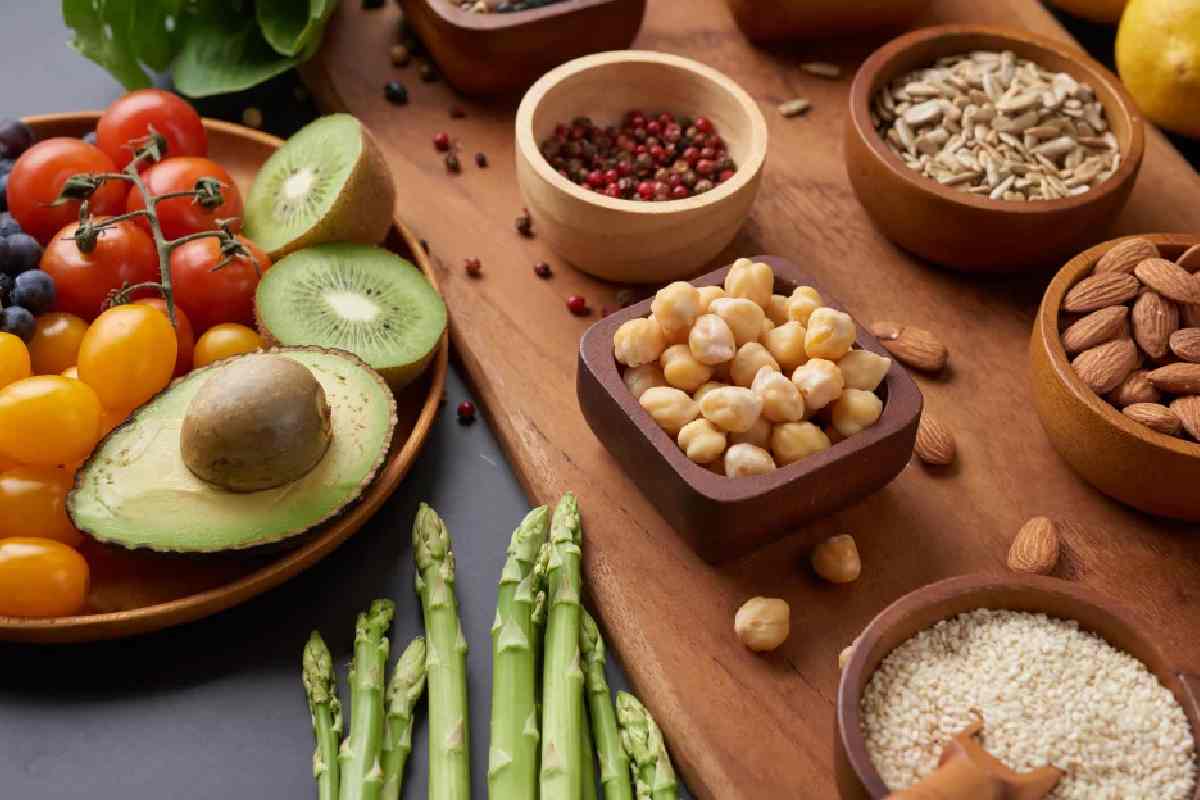wellhealthorganic.com:vegetarian protein sources – Proteins are an important part of our regular diet. They make available our muscles, cells and other vital muscles with the growth factors that are spirited to keep them healthy and working normally.
While this is a highly nutritious diet, it can sometimes be low in certain elements such as vitamin B12 and proteins. It is quite common in clinical practice to see vegetarians pain from low vitamin B12 levels, though clinical evidence advises that people who follow vegetarian diets have a lower incidence of developing heart disease and related complications.
Table of Contents
Why do we need protein?
Protein is an very important part of our diet and nutrition, often talk about to as the building blocks of our bodies. It helps to grow, repair and maintain different muscles, organs, skin, hair and nails, all of which depend on on proteins to stay strong and healthy. If we consume lesser quantities of protein, we could lose muscle strength and muscle mass and become weaker. For individuals who are recovering from a medical illness, a high protein intake often helps in faster recovery.
#1. High Protein Vegetables
Vegetables are widely considered to just contain vitamins and minerals with a small number of carbohydrates and proteins. Some of the most popular, high protein foods are meat, fish and seafood, but that does not mean vegetarians need to miss out on beating their daily protein requirements. However, there are some vegetables that have a greater quantity of protein such as spinach, potatoes, broccoli, asparagus and even sweet potatoes. Though the quantity of protein each of these is not comparable to non-vegetarian sources, it still is quite a decent value at around 5 g per cup full of vegetarian cooked.
#2. Sweet Corn
Corn is one of the most cultivated crops in existence today, it is used for the production of corn syrup, and cornflour and used as a food source by itself. Sweet corn is a yummy snack to try, whether boiled, steamed or roasted with a delicious slathering of butter on top. Sweet Corn has a 3.3g protein content in every 100g serving, along with an almost non-existent fat and no cholesterol.
#3. Avocado
Avocado is a fruit native to North America that has improved popularity as a superfood due to its highly nutritious nature, both in macronutrients and the vitamins and minerals it covers.
Although it was initially popularized in Mexican cuisine, avocado is fast becoming a protein-rich vegetarian food for bodybuilding and fitness routines. Avocados can be eaten as is, just sliced up or added to salads and other preparations like guacamole.
#4. Cashew
Cashews make a quick snack to boost your protein intake. Both the protein and fiber in cashews help keep you full longer, so you’re less likely to indulge in vending machine treats in the afternoon.
Cashews are a great source of magnesium, which is good for constipation, boosts your immune system and supports cognitive function and contains biotin.
#5. Nuts and Seeds
WellHealthOrganic.com mentions nuts and seeds as another excellent font of vegetarian protein. Almonds, walnuts, chia seeds, flaxseeds, and hemp seeds not only provide protein but also important fats and minerals.
#6. Dairy Products
wellhealthorganic.com details out that dairy products and eggs are excellent sources of high-quality protein. Items like Greek yogurt, cottage cheese, and eggs protein-rich but also contain other spirited nutrients like calcium and vitamin D.
#7. Protein-Rich Vegetables
Granting vegetables are not normally famous for their high protein content; wellhealthorganic.com identifies several that can contribute to protein intake. Spinach, broccoli, potatoes, and Brussels sprouts contain higher amounts of protein compared to other vegetables and are a healthy addition to any vegetarian meal.


